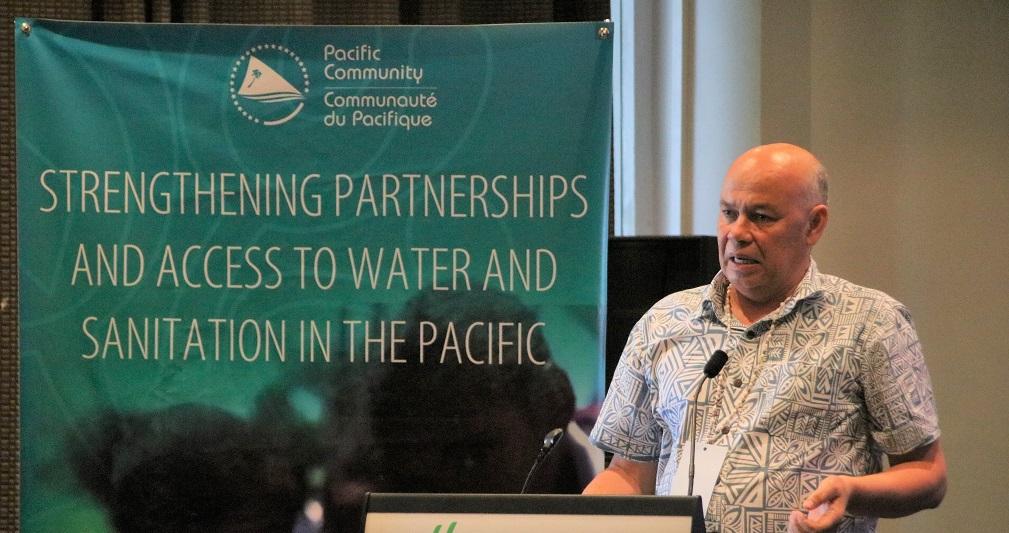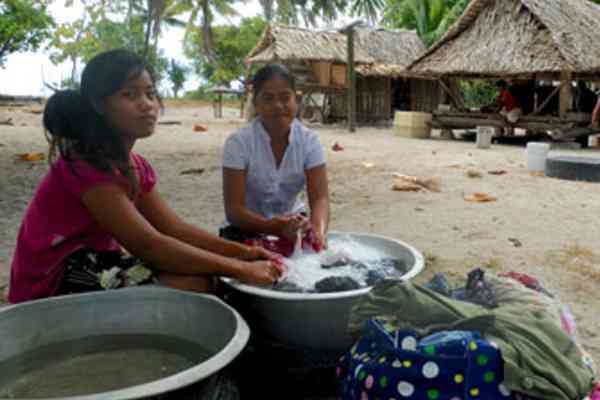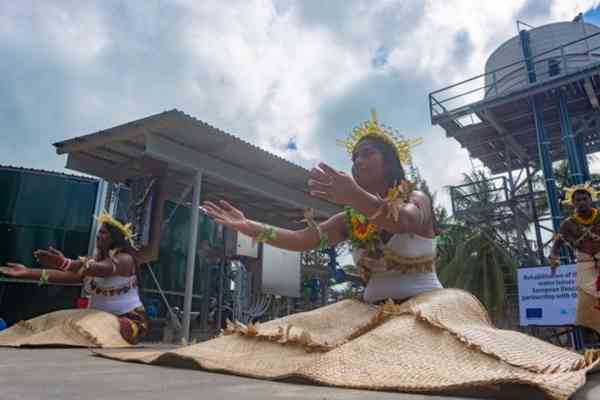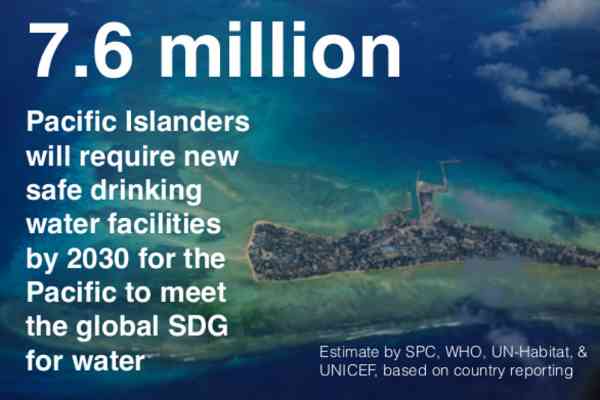Check against delivery
Pacific High-Level Dialogue on Water and Sanitation
Opening remarks by Dr Colin Tukuitonga
SPC Director-General
25 November 2019
Thank you all for making the time in your busy schedules to assemble here today.
I called for this meeting and invited you here to seek your advice. Advice on an issue that that warrants more attention than it usually gets in this part of the world: How can we as a region accelerate action to support the basic water and sanitation needs of our region’s most vulnerable?
This is an issue that should be of increasing concern to our region, but doesn’t receive nearly the attention It should.
The issue is this: If current trajectories persist, many of Pacific islanders will continue to endure unsafe water and sanitation for generations to come, with profound implications for public health, economic development, the environment and our human rights.
Far too many of our Pacific neighbours continue to live without access to safe and sustainable drinking water and sanitation, and far too many live with a disproportionately high exposure to the risk of water-related disasters.
The data provided by our countries is striking – around a half of all Pacific Islanders continue to live without access to basic drinking water facilities, and more than two thirds live without access to basic sanitation. Figures that our UN friends tell us are the highest in the World.
Of greater concern, we are the world’s only region where rates of access to basic sanitation have been decreasing since 2000, and the only region where rates of access to basic drinking water facilities have not significantly increased.
It’s not that no action is being taken, and I want to stress this. Every Pacific Island Country and Territory is making progress in increasing access to water and sanitation – and there are excellent examples of partnerships that are achieving tangible results, some of which will be showcased today.
Kiribati, for example, is leading the region in many of its efforts in addressing water security and sanitation challenges, and its long term partnerships for action such as those in outer island communities in collaboration with partners such as the European Union, UNICEF and SPC, are beginning to affect real change. While challenges remain, Kiribati is one of only sixteen countries globally that have reduced rates of open defecation by more than 20% since 2000.
However, the issue is that these national efforts are in too many cases not keeping up with the pressures of population growth and the accelerating impacts of climate change.
Clearly, the sheer magnitude of the task at hand requires renewed efforts and reenergised partnerships for action - at all levels.
We know that the Pacific is different to the rest of the world in so many ways – and today we’ll be exploring some of our region’s unique constraints that make taking action on this issue more difficult than in many of our neighbouring countries.
But of more concern, and increasing concern to me, is another issue: our seeming inability as a region to prioritise action on this issue.
The issue is already framed by a number of our region’s established policy frameworks: for sustainable development, regional security and climate and disaster resilience (including the 2030 Agenda for Sustainable Development SDG6, the Boe Declaration, and the Framework for Resilient Development in the Pacific).
But are these frameworks really driving the action needed on water and sanitation, and are water and sanitation issues being heard by those that make a difference to action and investments?
While the economic, health and environmental benefits of improved water and sanitation have been well demonstrated, the issue is yet to receive the levels of attention and investment proportionate to both the scale of the challenge and its critical role in supporting sustainable development.
Water and sanitation challenges remain largely absent from much of our public dialogue, policy platforms and investment programmes. Cleary, more needs to be done, and I hope today’s dialogue can be an important step in that direction.
Finally, I want to acknowledge that we in this room represent but a small subset of the efforts and expertise active on this issue around the Pacific.
Today is different to the sort of meetings that you might have experienced with SPC. In calling for this High-Level Dialogue, I have my staff to assemble a small gathering of people who had experience in this issue and something to offer in formulating practical advice. As you can see, our numbers ballooned somewhat as interest caught on.
This show of interest is a great sign, but we should remember that there are many Pacific Island Countries and Territories not represented here that will need to be engaged and their advice sought going forward, as well and many other partners and stakeholders active in this space across the region and at multiple levels.
In today’s dialogue, please be frank, be realistic but also aspirational in your thinking. The numbers tell us that what we’re doing now is not enough, and accelerated action is required, driven by practical partnerships that affect real change on the ground.
I would like today to be the start of a strengthened dialogue for action across the region, across sectors and at all levels to generate the momentum, ideas and commitments needed for accelerated action towards safe and resilient water and sanitation services in the Pacific by 2030.
I’m anticipating that this meeting won’t produce a communique our outcome statement for the day, but rather, as an advisory meeting, I will be taking your advice and formulating and appropriate call to action in the coming weeks.
Thank you and I look forward to hearing your advice.



